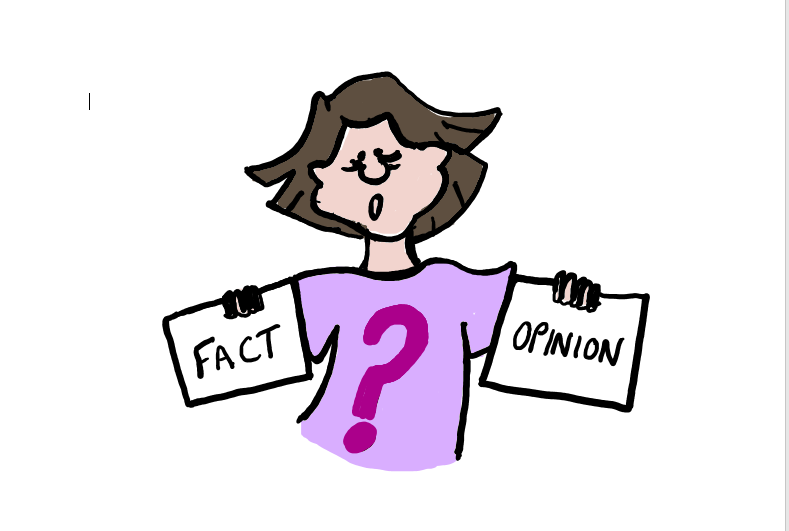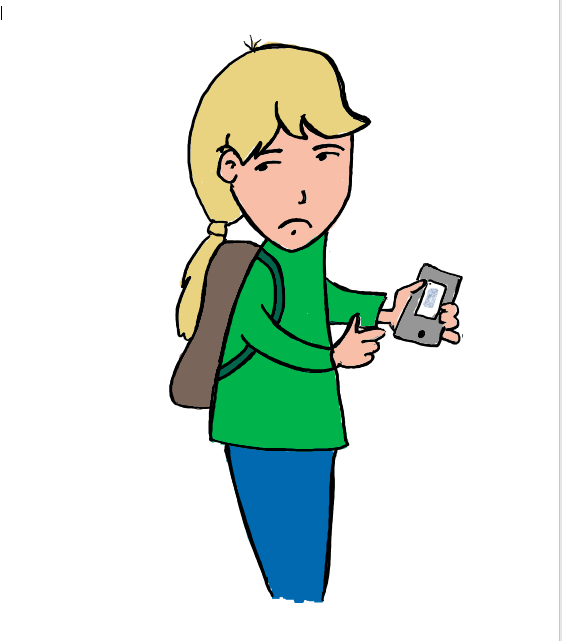Negative Thinking Styles
When a person experiences an unhelpful emotion (such as depression or anxiety), it is usually preceded by a number of unhelpful self-statements and thoughts. People used such patterns of thinking as an automatic habit. It is something that happens out of our awareness. However, when a person consistently and constantly ruminates in this way they can often cause themselves a great deal of emotional distress. Notice if you use any of the below regularly and if there is any pattern to your thoughts.

Mental Filter is a kind of ‘tunnel-vision’ where we focus on only one part of the situation -often to reinforce an existing beliefs-and ignore the rest. Unfortunately, we tend to spotlight the negative details, distorting a potentially balanced view of things.
Jumping to Conclusions Personalisation: involves blaming yourself for things that could or have gone wrong, even when in reality responsibility lies elsewhere and possibly has nothing to do with you.
Personalisation: involves blaming yourself for things that could or have gone wrong, even when in reality responsibility lies elsewhere and possibly has nothing to do with you.
Catastrophizing is about when ‘we blow things out of proportion’, losing perspective on a situation, when in reality the problem is quite small.
Black & White Thinking is seeing only one extreme view or the other. You are either right or wrong, good or bad etc. There are no shades of grey. Sometimes it is called ‘All or Nothing thinking’
Should & Musts. Sometimes by saying “I should…” or “you must….” can put unreasonable demands on yourself or others. These statements are not always unhelpful, but they can create pressures and unrealistic expectations.
Overgeneralisation often involves using phrases such as “You always…” or “Everyone….”, “I never…” By taking one experience and forming conclusions on all current and future situations.
Labelling describes when we pigeon-hole ourselves and characterise others, based on behaviour in a specific instance and subsequently make broad sweeping all-encompassing judgements, often without evidence.
Emotional Reasoning: involves colouring your view of the circumstances depending on your mood and assuming feelings for facts. For instance, ‘I’m so embarrassed; I’m an idiot’

Magnification & Minimisation: Catastrophizing or Magnification is about when ‘we blow things out of proportion’ and lose perspective on circumstances, when in reality the problem can be quite small. Minimisation is inappropriately belittling something to make it seem less important. happens when we assume that we know what others are thinking (mindreading) or predict the future (fortune telling) and treat such thoughts as facts.
“Sara didn’t message me back. No one likes me anymore…”

This is an example of negative thinking- can you guess which?
Personalisation: involves blaming yourself for things that could or have gone wrong, even when in reality responsibility lies elsewhere and possibly has nothing to do with you.
Catastrophizing is about when ‘we blow things out of proportion’, losing perspective on a situation, when in reality the problem is quite small.
Black & White Thinking is seeing only one extreme view or the other. You are either right or wrong, good or bad etc. There are no shades of grey. Sometimes it is called ‘All or Nothing thinking’
Should & Musts. Sometimes by saying “I should…” or “you must….” can put unreasonable demands on yourself or others. These statements are not always unhelpful, but they can create pressures and unrealistic expectations.
Overgeneralisation often involves using phrases such as “You always…” or “Everyone….”, “I never…” By taking one experience and forming conclusions on all current and future situations.
Labelling describes when we pigeon-hole ourselves and characterise others, based on behaviour in a specific instance and subsequently make broad sweeping all-encompassing judgements, often without evidence.
Emotional Reasoning: involves colouring your view of the circumstances depending on your mood and assuming feelings for facts. For instance, ‘I’m so embarrassed; I’m an idiot’
Magnification & Minimisation: Catastrophizing or Magnification is about when ‘we blow things out of proportion’ and lose perspective on circumstances, when in reality the problem can be quite small. Minimisation is inappropriately belittling something to make it seem less important.